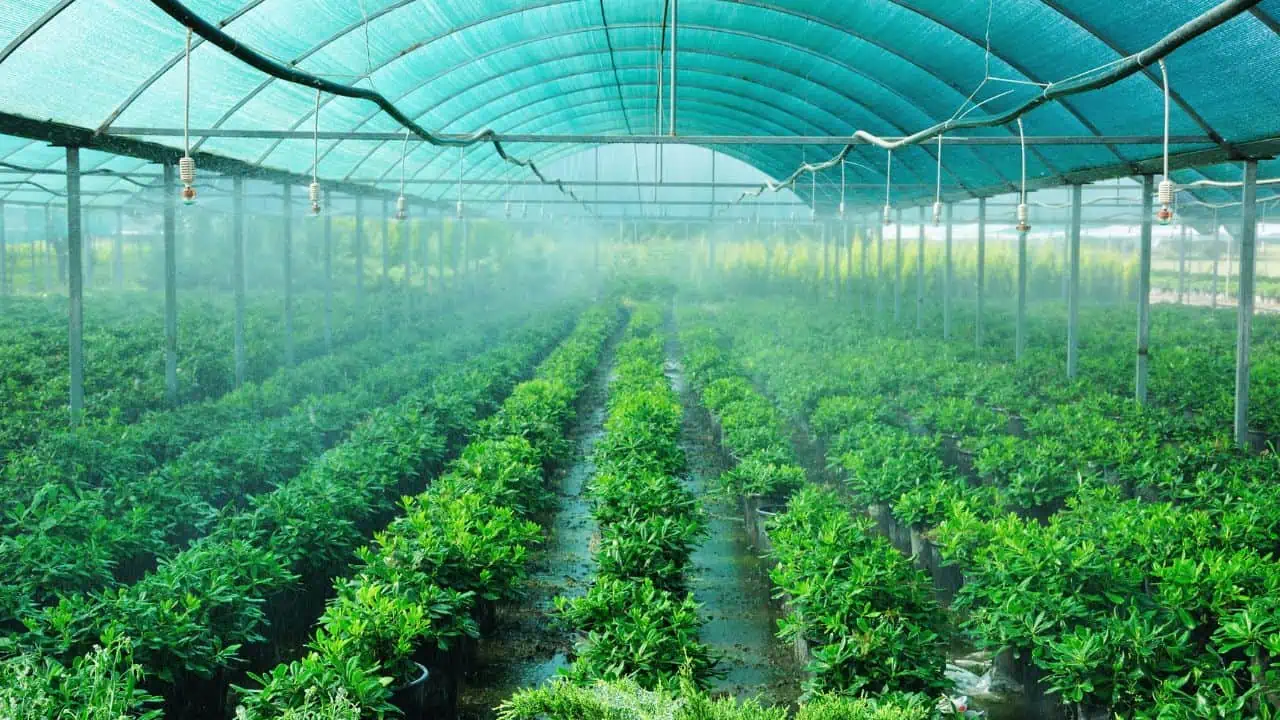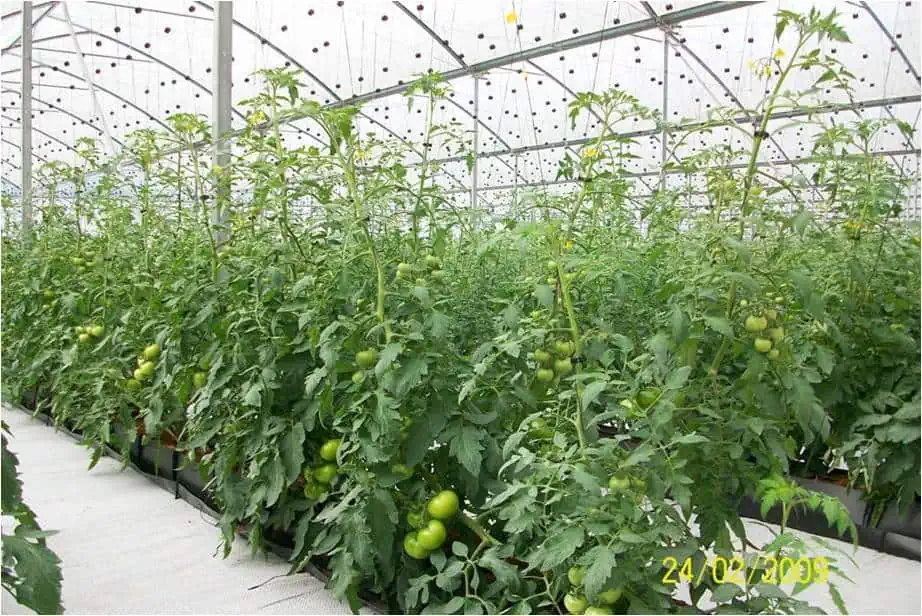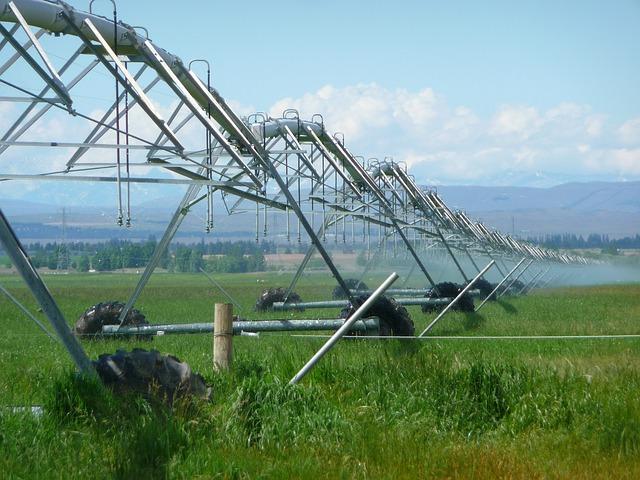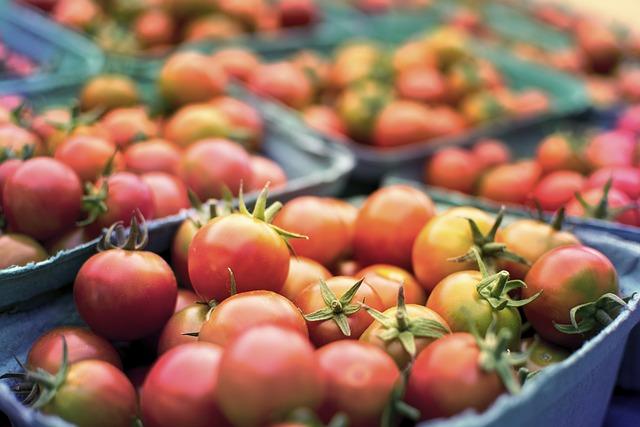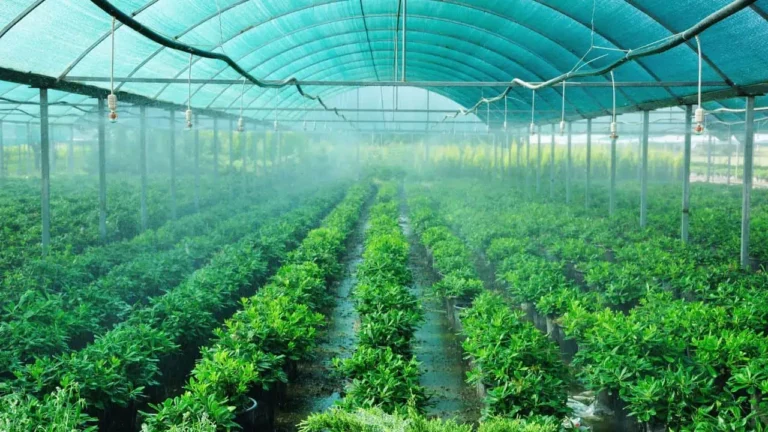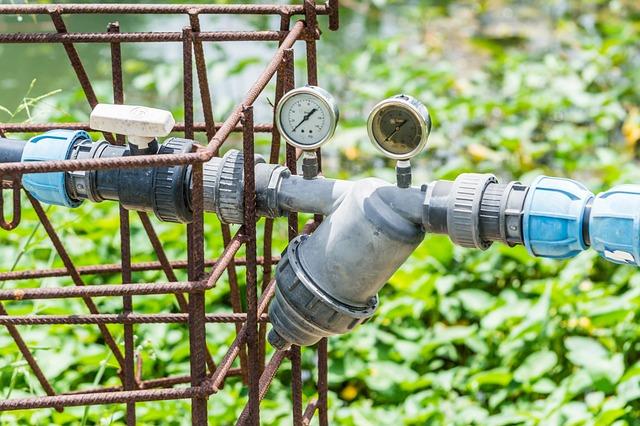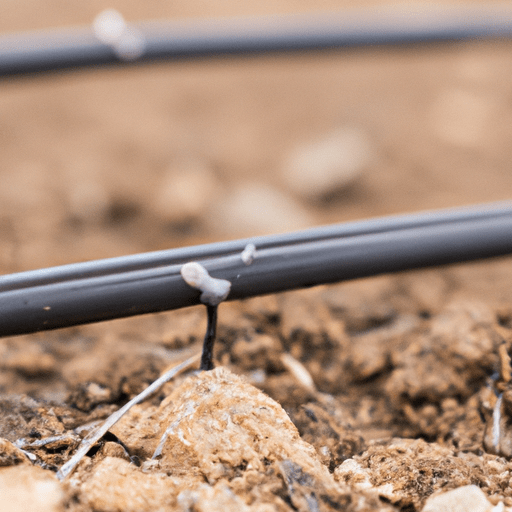Agriculture is the backbone of many economies worldwide, and water is its lifeblood. The management of this precious resource, particularly through irrigation, plays a significant role in determining crop yield. This article explores the impact of effective irrigation management on crop yield, discussing strategies and techniques for optimal irrigation.
Understanding the Link Between Irrigation and Crop Yield
The Role of Water in Crop Growth
Water is a fundamental requirement for plant growth. It is involved in all aspects of plant metabolism, facilitating nutrient uptake, and photosynthesis. Without adequate water, crops cannot reach their full growth potential, leading to reduced yields.
The Importance of Irrigation
Irrigation is the artificial application of water to soil or land to assist in the growth of crops. In regions with insufficient rainfall, irrigation is essential to ensure that crops receive the necessary water for growth and development. Proper irrigation management can significantly improve crop yield by providing a consistent water supply and preventing water stress in plants.
Strategies for Effective Irrigation Management
- Assessing Water Needs
Different crops have different water requirements, and these can also vary based on the growth stage of the plant. Therefore, understanding the water needs of your crops is the first step toward effective irrigation management. - Implementing Irrigation Schedules
An irrigation schedule, based on the water needs of the crops and the local climate and weather conditions, can help ensure that crops receive water when they need it most. This can prevent both under-watering and over-watering, both of which can harm crop yield. - Utilizing Technology in Irrigation
Modern technology, such as soil moisture sensors and automated irrigation systems, can help farmers manage irrigation more effectively. These technologies can provide real-time information about the water status of the soil and crops, allowing for more precise irrigation.
Techniques for Optimizing Irrigation and Improving Crop Yield
Drip Irrigation
Drip irrigation is a method that delivers water directly to the root zone of the plant. This technique can be highly efficient as it minimizes water loss due to evaporation or runoff.
Sprinkler Irrigation
Sprinkler irrigation is a method that simulates rainfall by distributing water through a system of pipes and sprinklers. While not as efficient as drip irrigation, it can be a good option for larger fields or for crops that require water to be distributed above the ground.
Subsurface Irrigation
Subsurface irrigation involves delivering water below the soil surface, directly to the root zone. This method can be highly efficient and can also reduce weed growth by keeping the soil surface dry.
The Future of Irrigation Management
The Role of Technology in Future Irrigation
As technology continues to advance, it will play an increasingly important role in irrigation management. Innovations such as smart irrigation systems, which use data from soil moisture sensors and weather forecasts to automatically adjust watering schedules, will help farmers use water more efficiently and improve crop yields.
The Importance of Sustainable Irrigation Practices
Sustainable irrigation practices will be crucial in the future to balance the need for increased crop yields with the need to conserve water and protect the environment. These practices may include the use of more efficient irrigation techniques, the recycling of wastewater for irrigation, and the implementation of water conservation measures.
Conclusion
Effective irrigation management is crucial for maximizing crop yield, particularly in regions with limited rainfall. By understanding the water needs of crops, implementing effective irrigation schedules, and utilizing appropriate irrigation techniques, farmers can significantly improve their crop yield. Looking to the future, the use of advanced technology and sustainable practices will be key to meeting the dual challenges of increasing crop yield and conserving water.

